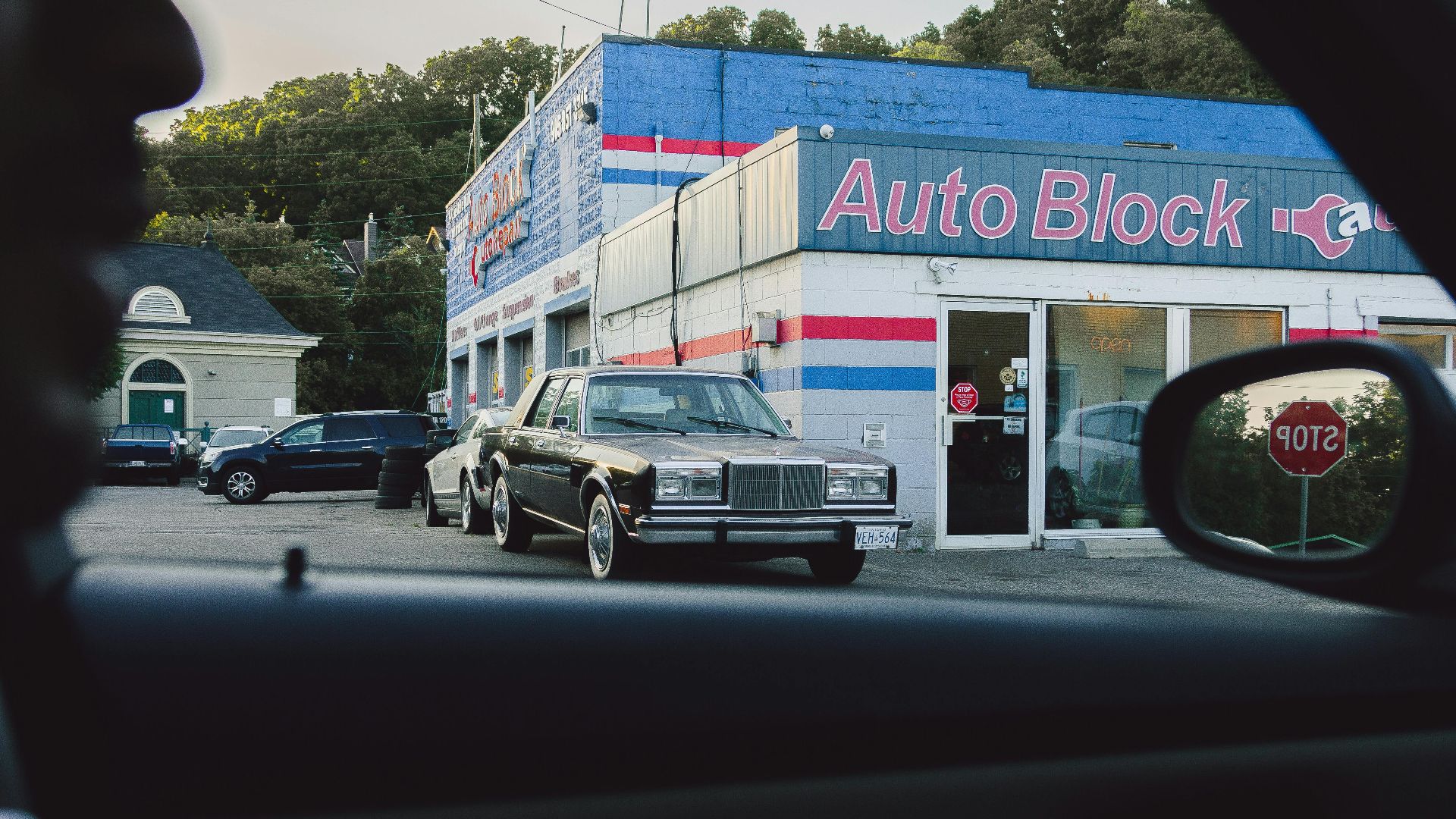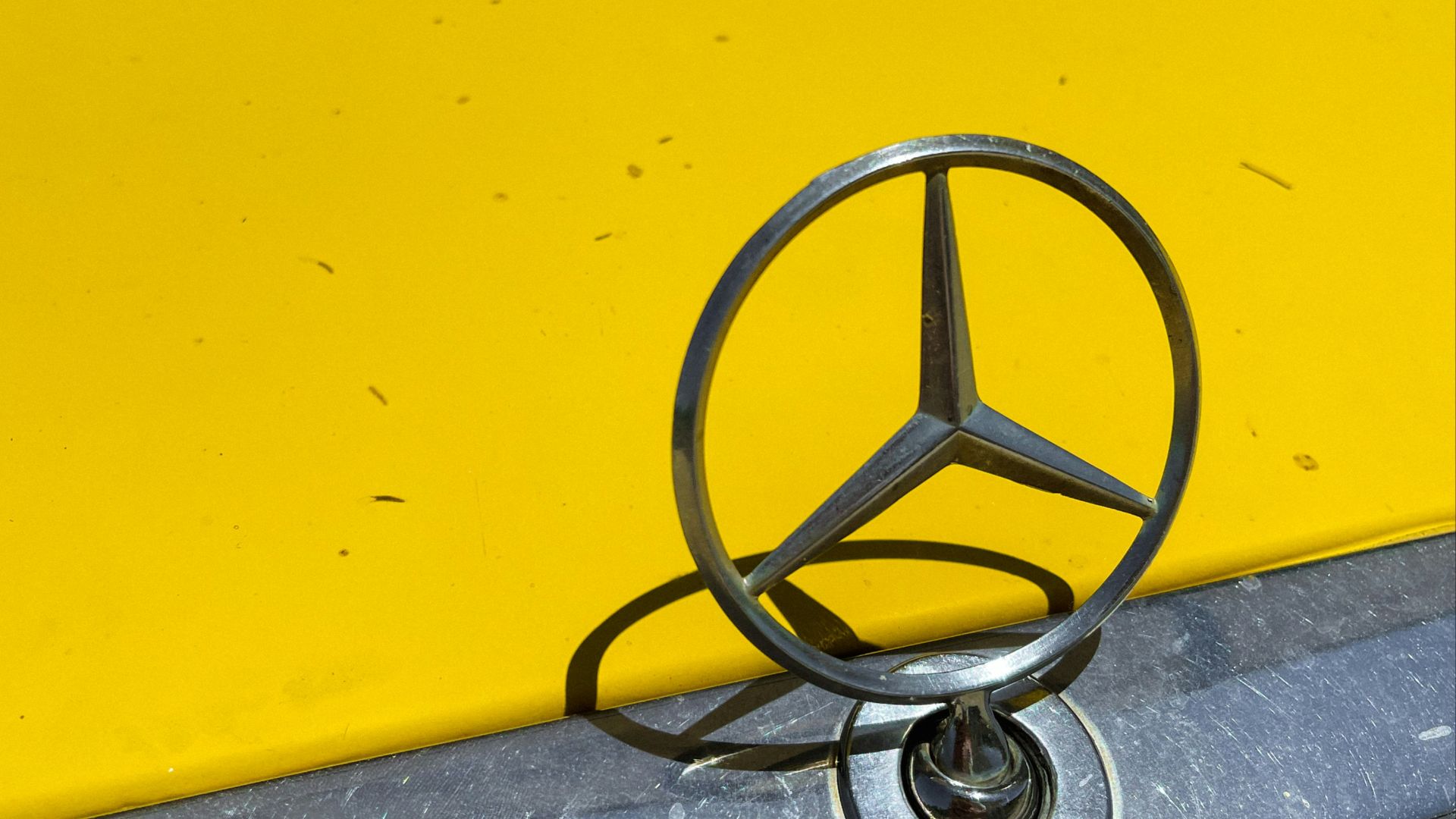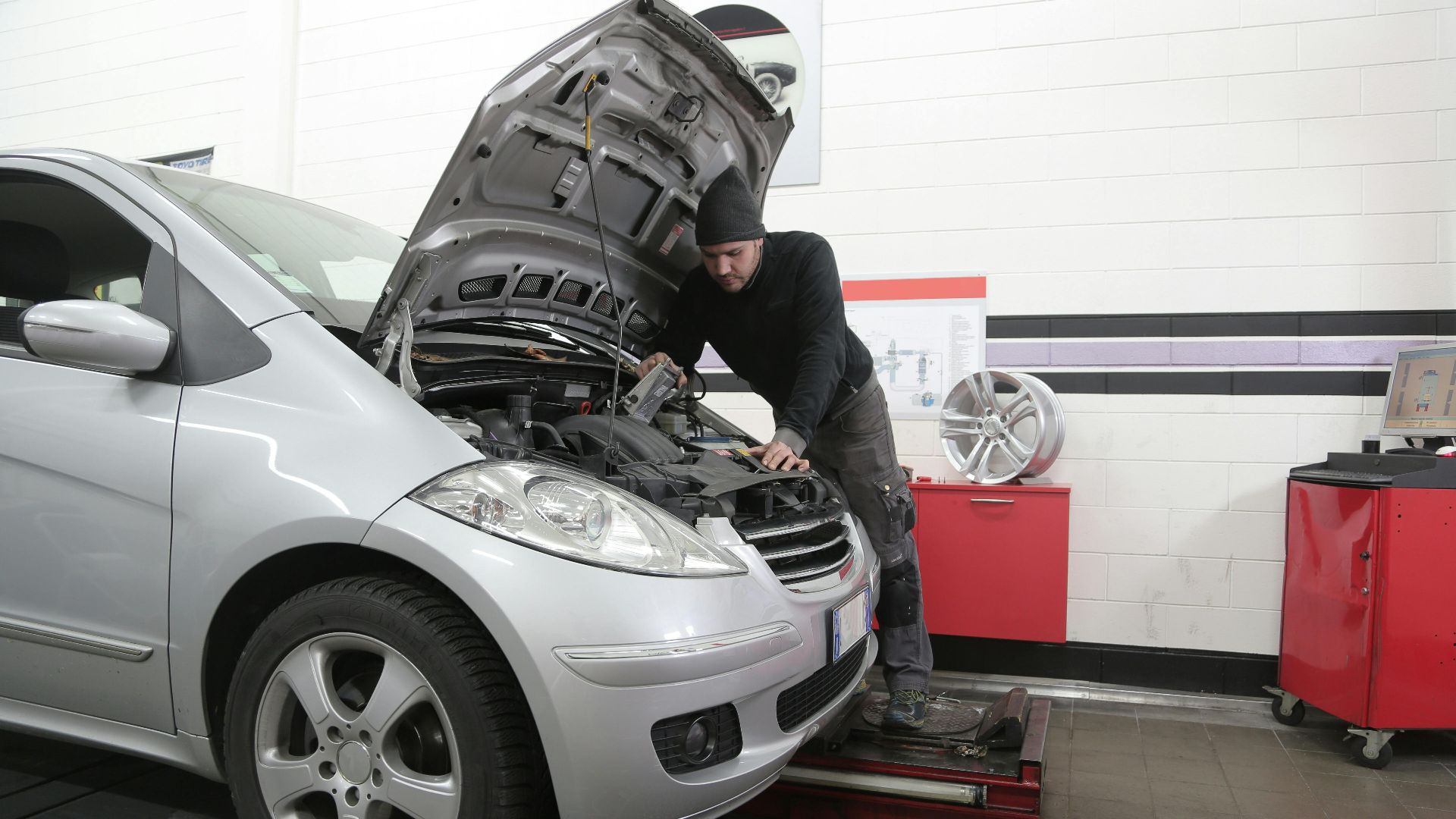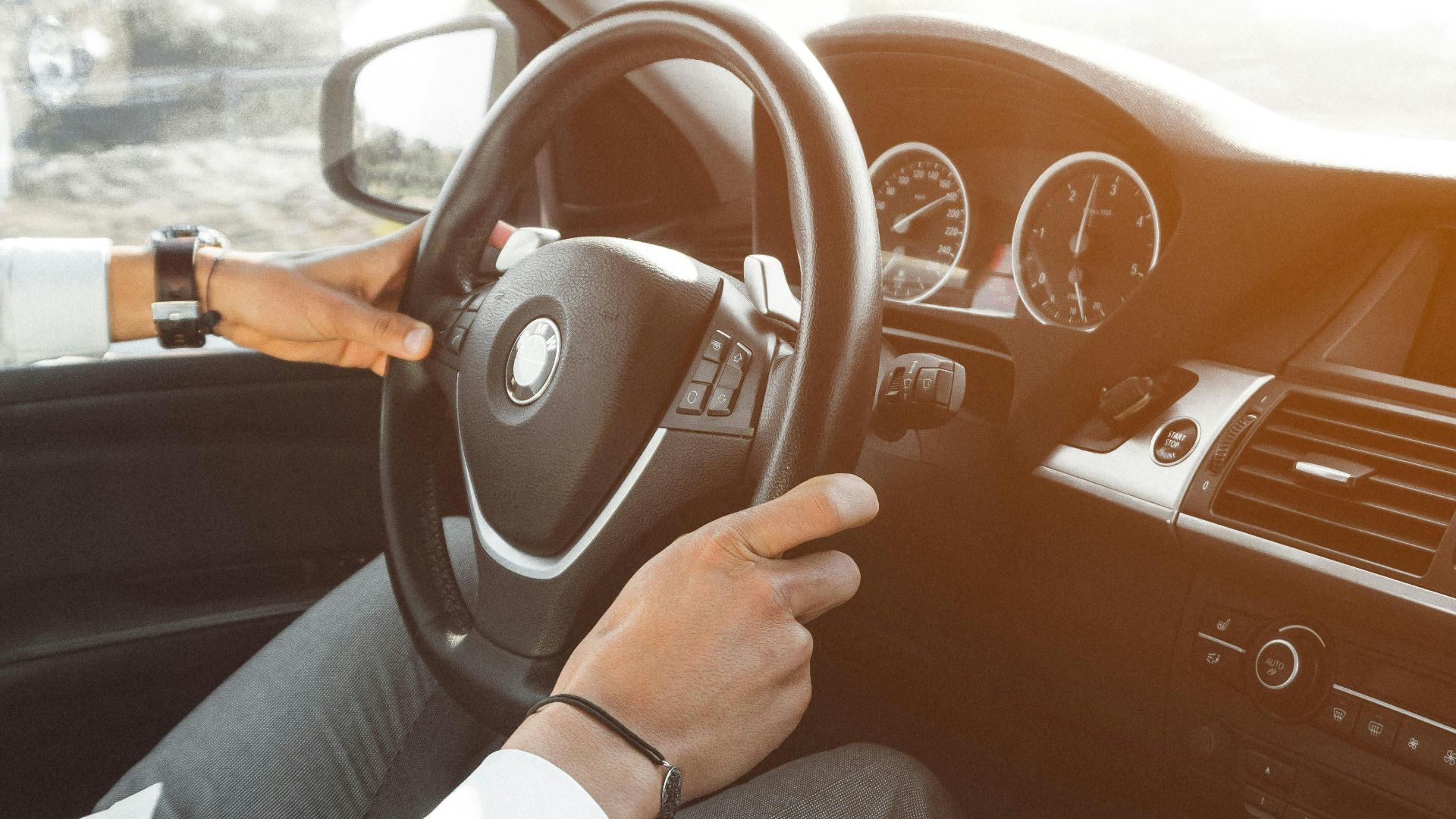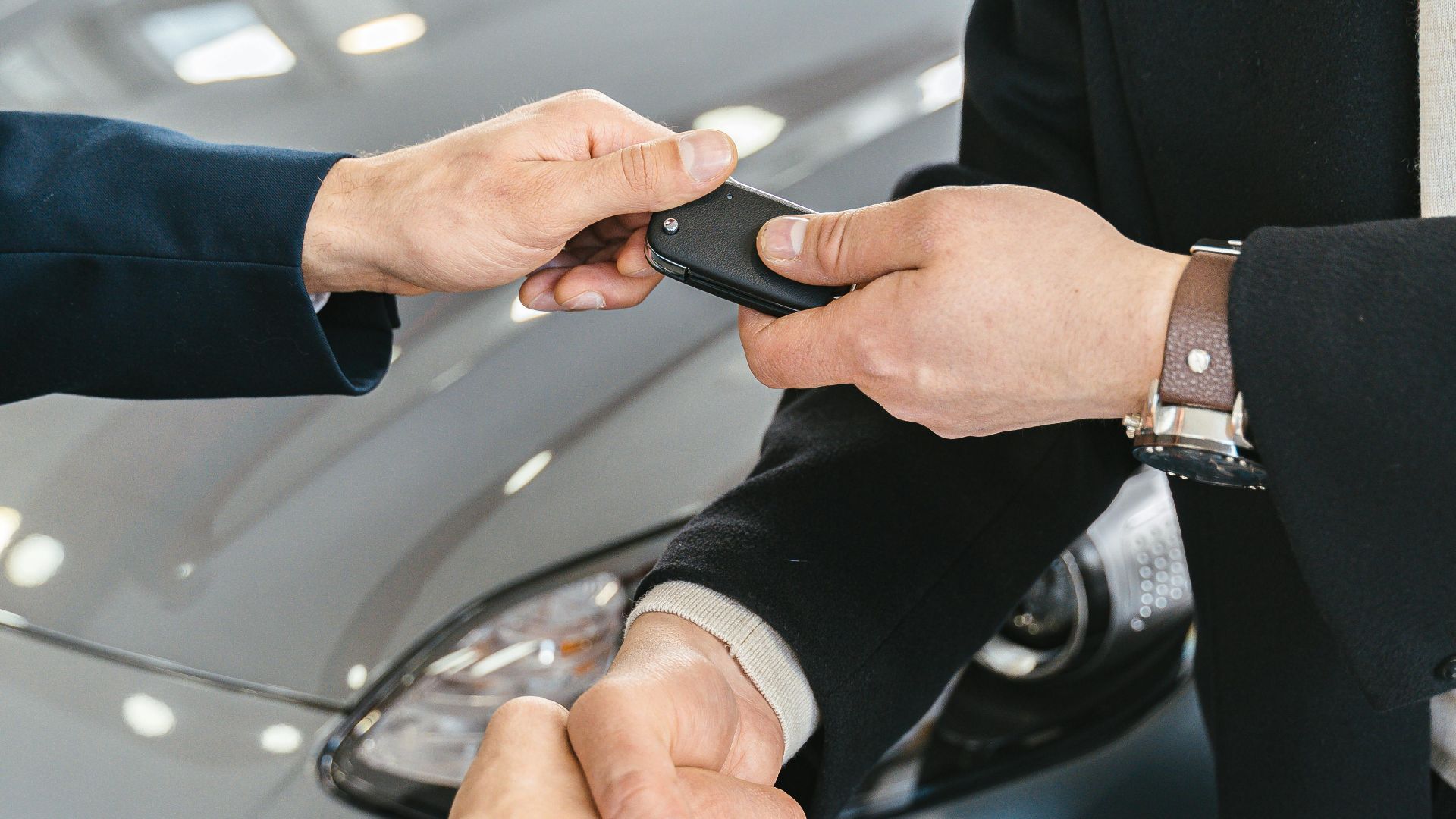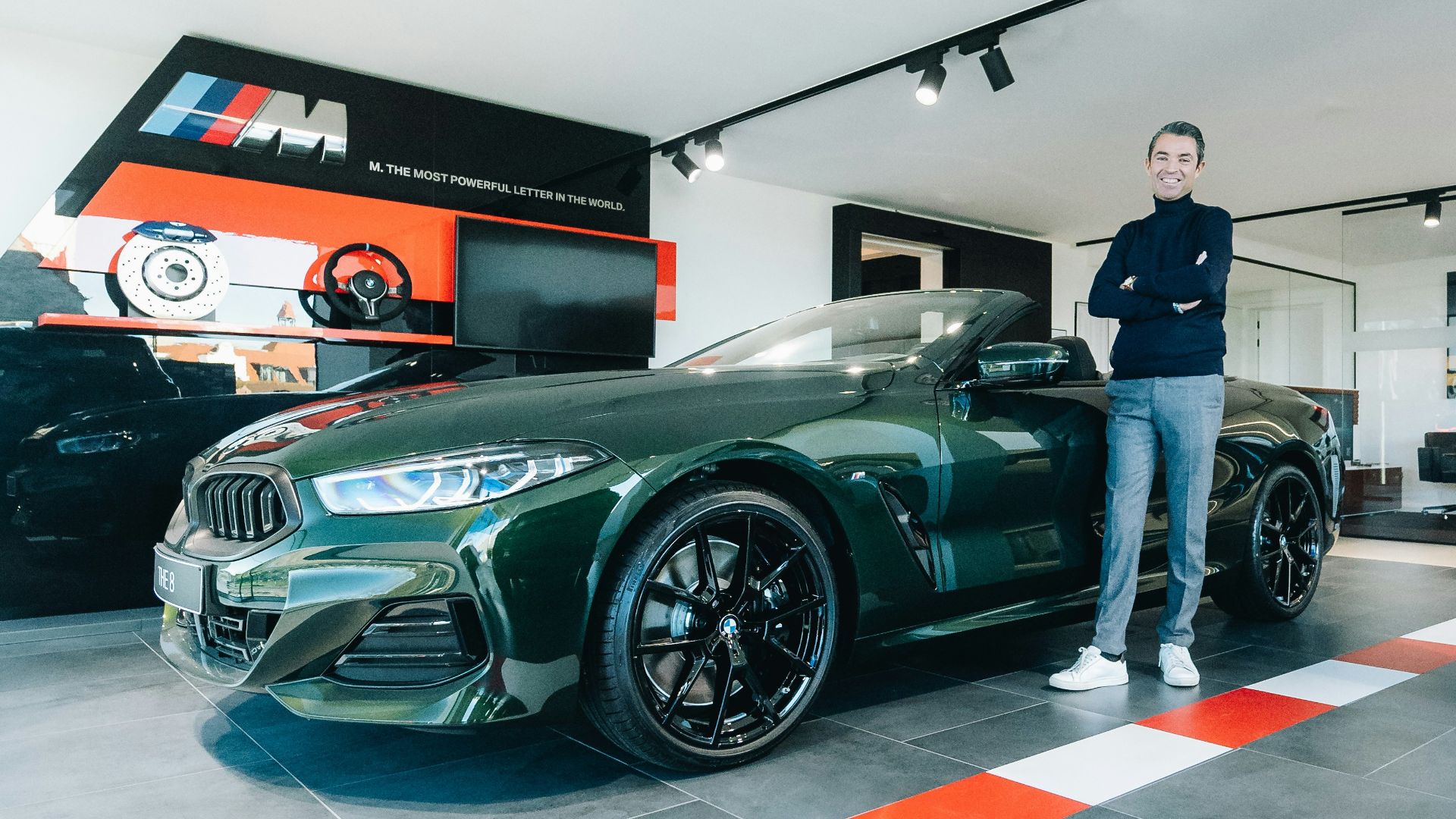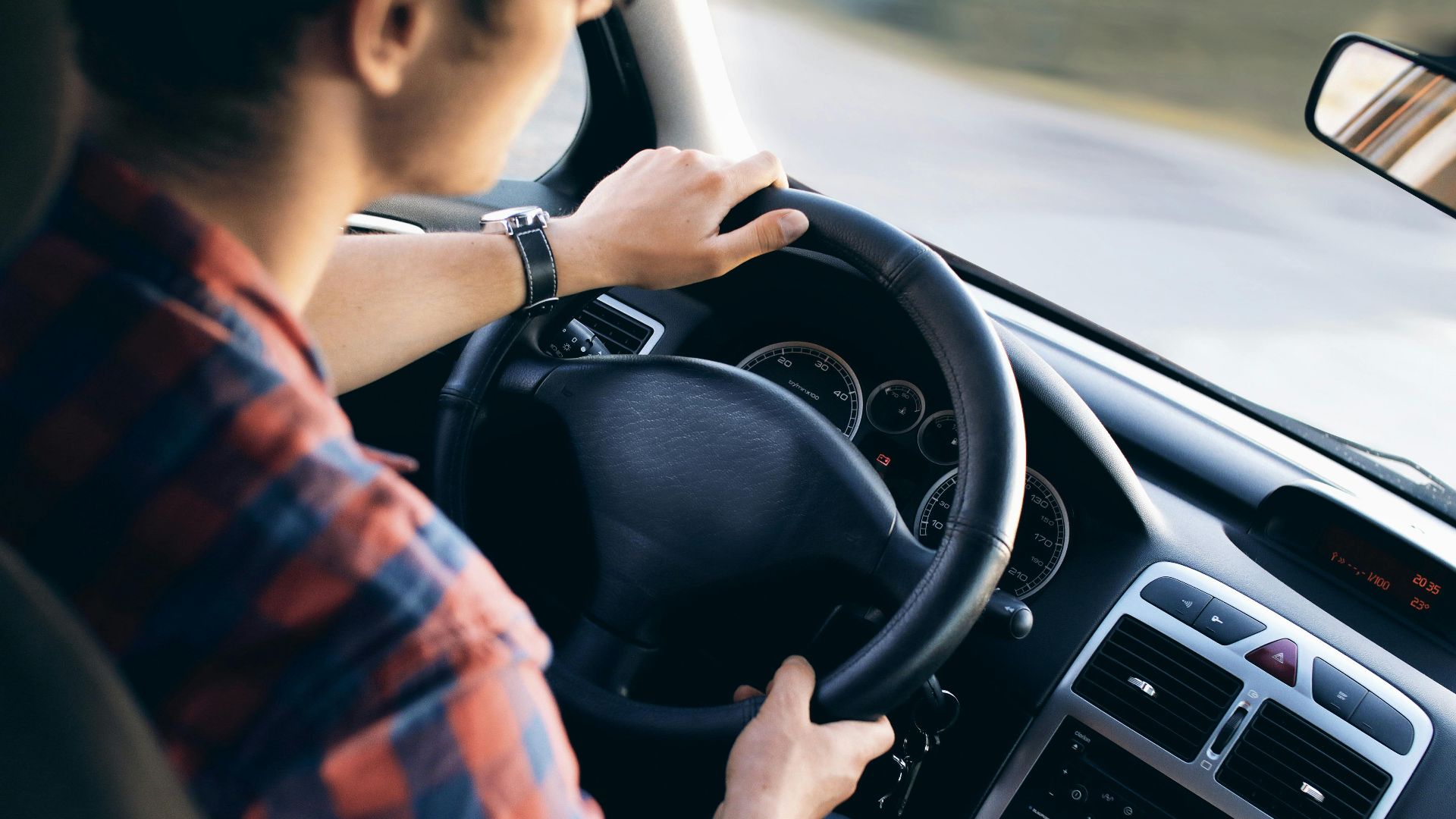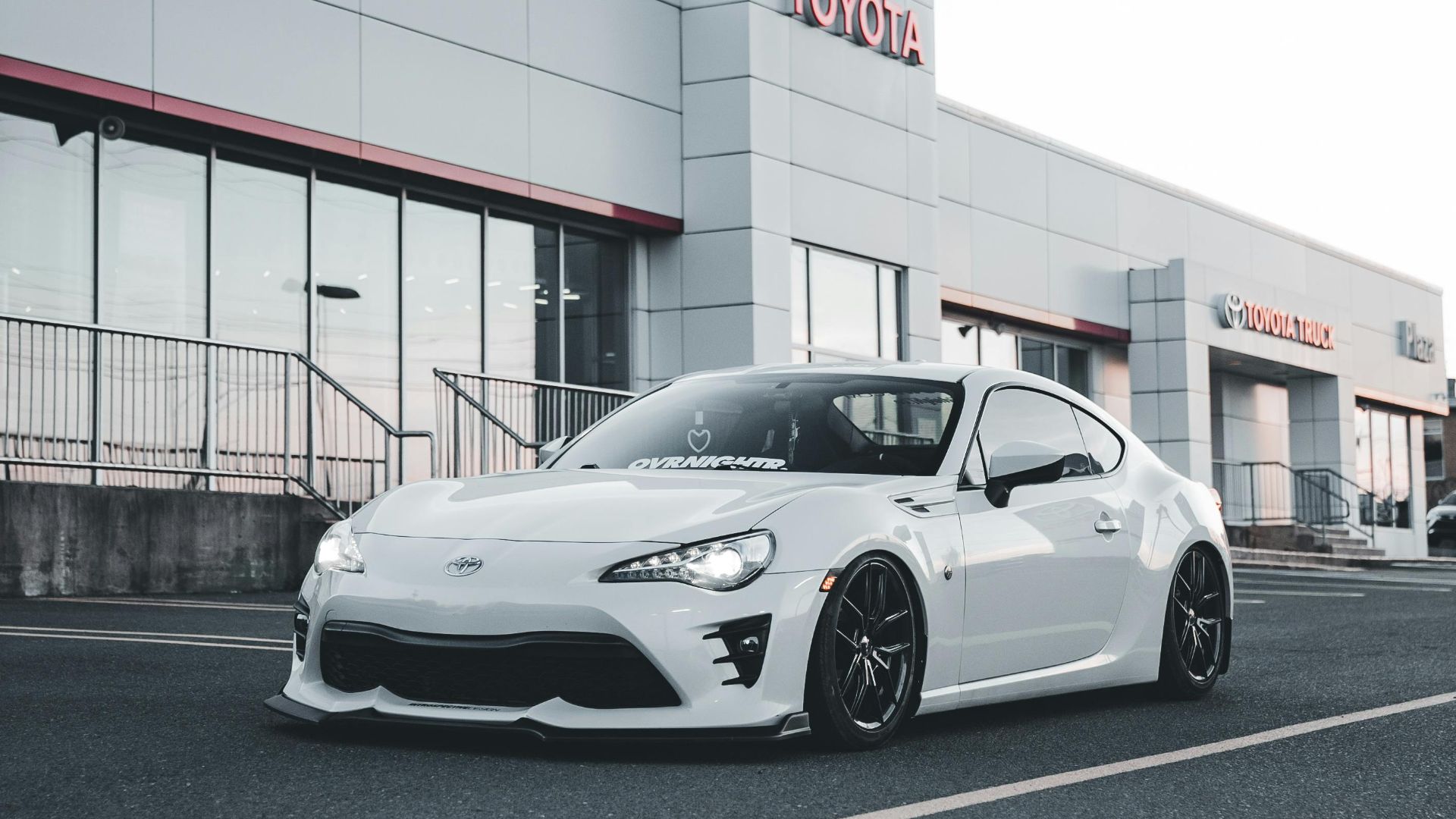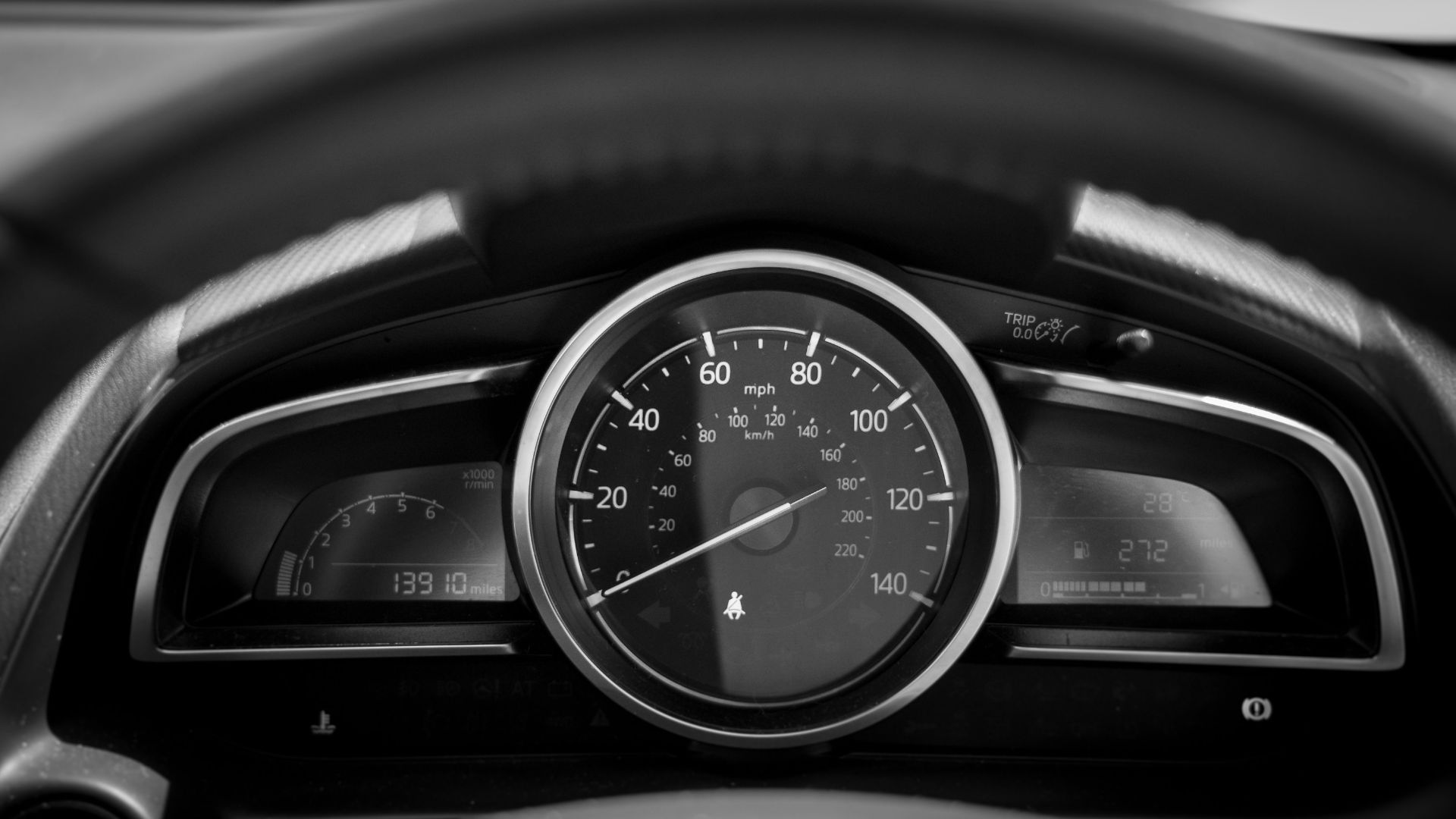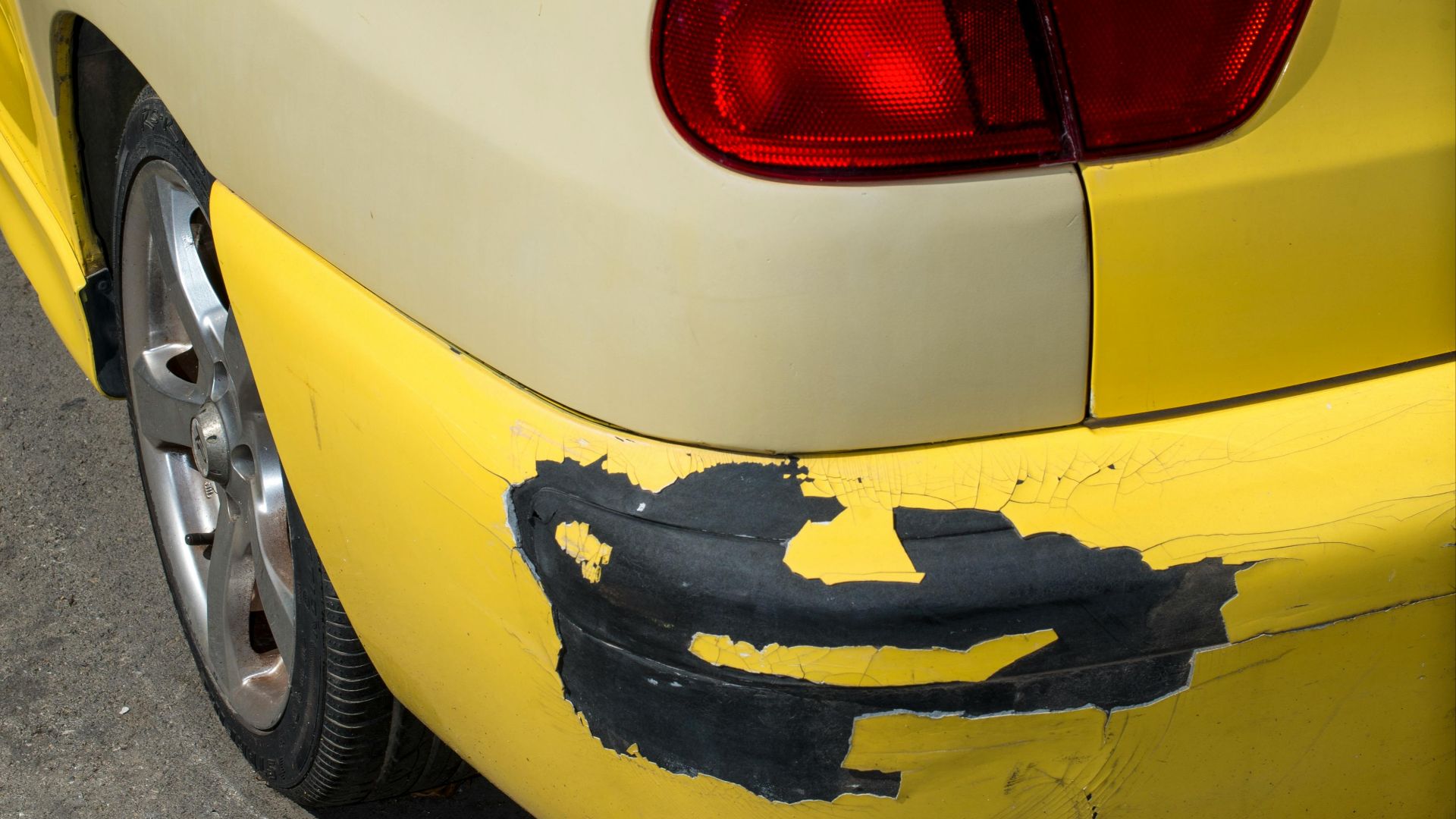Buying A Car Is A Serious Business
Shopping for a car is exciting, but don't get ahead of yourself and cut corners. From checking vehicle history to taking the car for a test spin, there are many things to thoroughly check to ensure you're getting a fair deal and buying the right car. Here are 20 common mistakes to avoid when buying a used car.
1. Not Doing Enough Research
Buying a new car is exciting and you can get ahead of yourself. However, not doing enough research is amateur mistake number one. Make sure to spend at least a few hours online reading reviews and checking specs before pulling the trigger.
2. Having Brand Bias
We're all guilty of having some brand bias, especially if we're nostalgic about a certain type of car. However, having your heart set on a certain brand narrows your sight far too dramatically.
3. Skipping Car Inspections
Before buying a used car, it always pays to have it checked by a mechanic. That way, you avoid a potentially much more expensive and burdensome problem down the road.
4. Skipping The Test Drive
Never buy a vehicle without taking it for a spin first. Not only is it a great way to check that the vehicle is in good working order, but it's the only way to tell if you like the way it handles.
5. Making Initial Negotiations In Person
You should always make initial negotiations over the phone, not in person. Car dealerships are designed to seduce you into buying a car and salesmen can be very persuasive which makes it all too easy to get roped into making a purchase.
6. Buying Based On Looks
Everyone buys with their eyes to some extent. However, it gets dangerous when you judge your purchase solely on appearance. The way a car looks is much less important than how well it runs.
7. Foregoing The Vehicle History Report
When buying a used car, always do a vehicle history check through a service like CarFax or AutoCheck. If the car has any hidden issues, they should come up in the report.
8. Not Setting A Budget
Any big purchases you make should involve making a budget and sticking to it. Make sure you can comfortably afford the car you want.
9. Not Checking Certified Pre-Owned Options
Certified pre-owned (CPO) vehicles are inspected and backed by extended warranties. They go through rigorous tests to ensure they meet certain criteria, giving you peace of mind.
10. Relying On Verbal Agreements
When buying a car, a handshake is never enough. Make sure you get your agreement down on paper so no one has the chance to weasel out of it.
 Cytonn Photography on Unsplash
Cytonn Photography on Unsplash
11. Underestimating Insurance Costs
When budgeting for a car, don't forget about the insurance cost. Don't cut corners: shop around for the best quote but budget for a bit extra just in case.
12. Not Checking The Vehicle Identification Number
A car's vehicle identification number (VIN) is tied to its accident, service, and recall history. A VIN decode can help you identify fraud risks and ensure that the vehicle history report matches the car you're looking at.
13. Rushing
Buying a car is exciting and it can be tempting to make an impulsive purchase. Take your time and do all the necessary research to avoid making a mistake you'll later regret.
14. Not Negotiating The Price
Negotiate, negotiate, negotiate. Being a firm haggler can shed hundreds or even thousands of dollars off your purchase. If you're not good at it, bring someone along who is.
15. Not Being Informed About Lemon Laws And Returns
Lemon laws offer a remedy for purchasers of defective vehicles. If you find yourself stuck with a bad car, you'll want to have familiarized yourself with the lemon laws in your area and see if it's eligible for a return.
16. Not Taking Into Account Interest Rates
If you're paying with a car loan, you can expect to pay between 6.7 and 9 percent interest. Don't forget to factor that into your budget.
17. Ignoring Recalls
If a car has been recalled, it should come as a glaring red flag. It means the vehicle may have a safety-related defect.
18. Forgetting To Check Mileage
The more mileage a car has on it, the shorter its remaining lifespan. Remember to check the mileage if you want the vehicle to last you. Anything above 155,000 miles is considered too much.
19. Not Checking For Rust Or Damage
Rust is like mold: it's bound to spread. If it's a small surface-level rust spot, it may not be a massive deal-breaker, but you'll still want to inspect the car very well so you can be aware of what fixes you'll have to make.
20. Not Comparing Prices
Imagine buying a vehicle only to find you overpaid. Make sure to shop around for the best deal before purchasing to avoid feeling like you've been ripped off.



